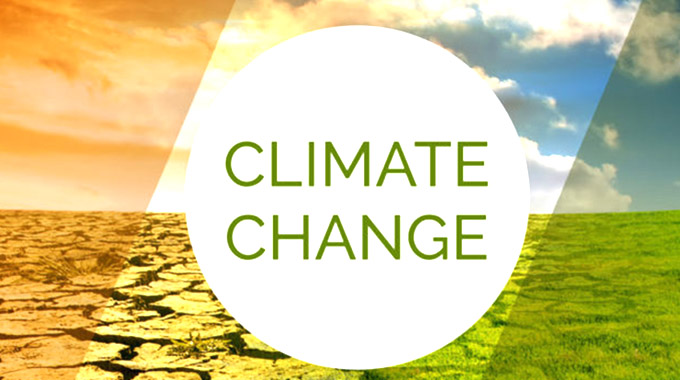NHI Bill deviates from universal health coverage goal
Thuthukile Mbatha &Kholofelo Mphahlele
Since the National Health Insurance (NHI) Bill was introduced to Parliament on August 8, 2019, the debate about the plan which promises to fundamentally change healthcare in South Africa has heated up.
The latest version of the Bill proposes limited access to healthcare services for population groups such as asylum seekers and undocumented migrants.
Currently, refugees, asylum seekers and undocumented migrants from SADC states legally enjoy the same health benefits as South Africans, including being means-tested to determine the level of state subsidisation of the cost of their healthcare services.
This is, however, not always true in reality as can be seen by the growing number of reported cases of migrants allegedly being refused access to healthcare services on the basis of their citizenship.
Recently, a woman of Zimbabwean origin was allegedly refused care at Mamelodi Hospital and consequently lost her child at birth.
A similar incident was reported to have occurred at the same hospital in January.
Over the years, civil society organisations such as SECTION27 and Lawyers for Human Rights have helped migrants who were denied access to healthcare services in public hospitals to receive care as required by law.
Section 27 of the Constitution guarantees everyone living in South Africa the right to access healthcare services including reproductive health care services.
According to the NHI Bill, however, asylum seekers and undocumented migrants will only be entitled to emergency medical care and services for notifiable medical conditions such as tuberculosis and malaria.
This is in contrast with the previous version of the bill, released in 2018, which entitled asylum seekers, refugees and undocumented migrants to access emergency and primary healthcare services, maternal health services and services for notifiable conditions of public health concern.
The proposed package of care afforded to asylum seekers and undocumented migrants has drastically decreased, both from the current entitlements and when compared to the bill released just last year.
It is worrying that the current bill excludes critical services such as sexual and reproductive health services.
Not having access to contraception and antenatal care services for certain population groups will have detrimental effects on their health and on SA’s health profile.
Lack of access to contraception will lead to an increase in unwanted pregnancies. More women, unable to pay for safe abortions and not covered by NHI, would likely resort to backstreet abortions, running the risk of permanently damaging their reproductive organs, other injury, and even death.
The exclusion of maternal health services for undocumented migrants and asylum seekers will lead to an increase in infant and maternal mortality rates.
South Africa has been working hard to reduce maternal mortality for years and it has been succeeding.
The infant and maternal mortality rate has declined from 189 per 100 000 live births in 2009 to 134 per 100 000 in 2016.
The decline is due mainly to the expansion of the anti-retroviral treatment programme for HIV-positive pregnant women.
Since maternal mortality is a general indicator of the overall health of a population, any reverses in this area would be a major setback for the country.
Moreover, South Africa has the highest HIV prevalence in the world – with about 13 percent of the population living with HIV.
The pandemic has an impact on everyone living in South Africa regardless of legal status. Migrants form part of the population that is heavily burdened by HIV.
HIV is not a notifiable medical condition and its treatment would not fall under emergency medical services. This means under the current bill, HIV care would not be available to asylum seekers and undocumented migrants.
What happened to leaving no one behind in the HIV response as per the 90/90/90 targets?
It is in the best interest of South Africa to treat everyone who is living with the virus to prevent its spread. This is particularly important in settings where South Africans are in sexual relationships with foreign nationals who may not be documented.
This limitation has the potential to delay the country’s progress against HIV in many aspects, including a possible rise in mother-to-child transmission of HIV.
Children born to asylum seekers and undocumented migrants will be entitled to basic healthcare services as enshrined in section 28 of the Constitution. However, there is no definition of what the basic healthcare services package includes, so we do not know what these children are entitled to.
Further, the provision of these “basic healthcare services” is only effective once the child is born and excludes antenatal services while the asylum seeker or undocumented migrant mother is pregnant.
This is contradictory, as the provision of antenatal services would serve as a means of detecting pregnancy abnormalities and reducing the risk of mother-to-child transmission of HIV.
Mbatha is a researcher at SECTION27 and Mphahlele is a legal assistant at SECTION27.








Comments